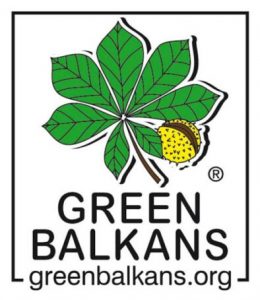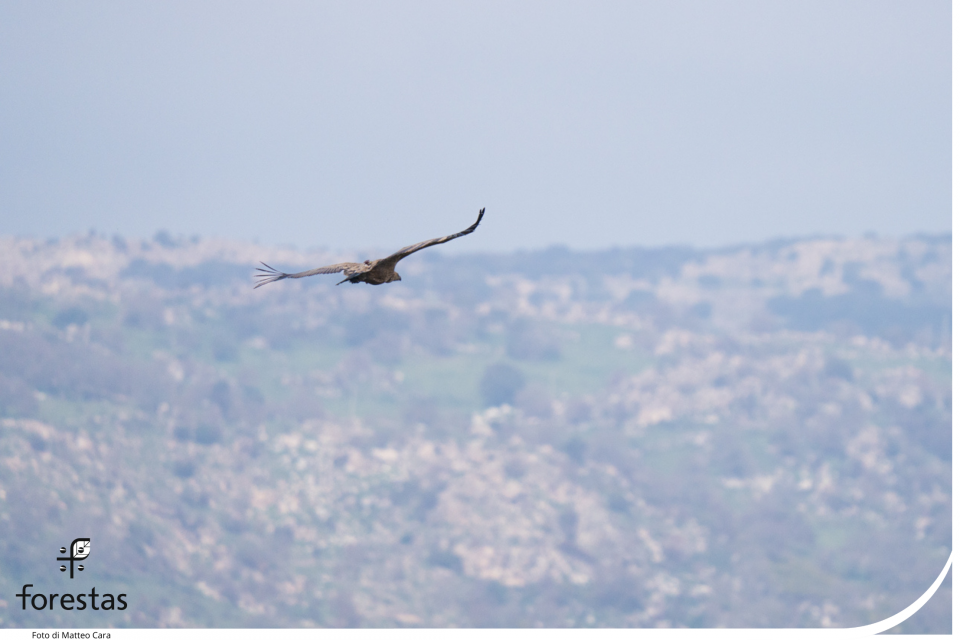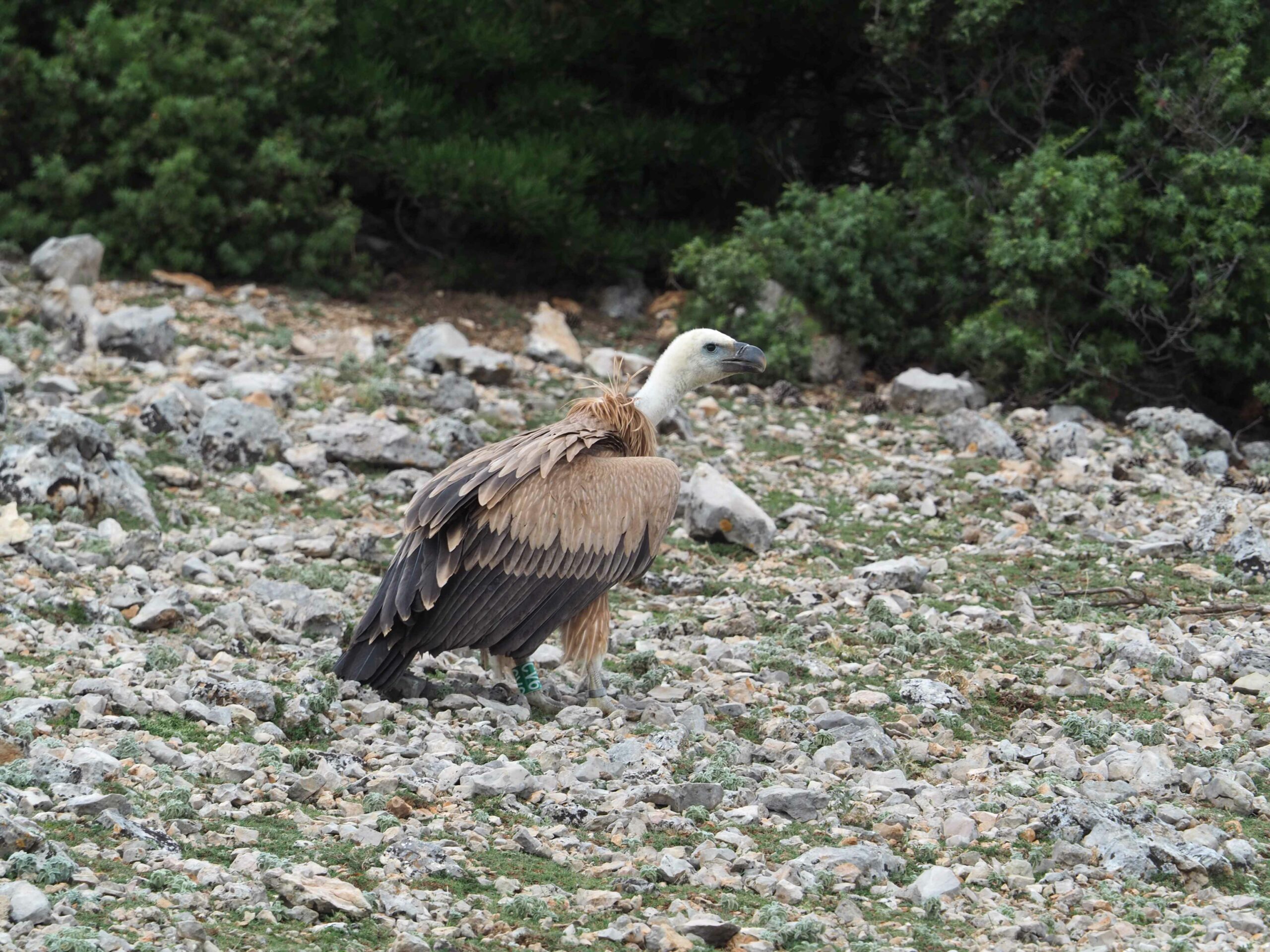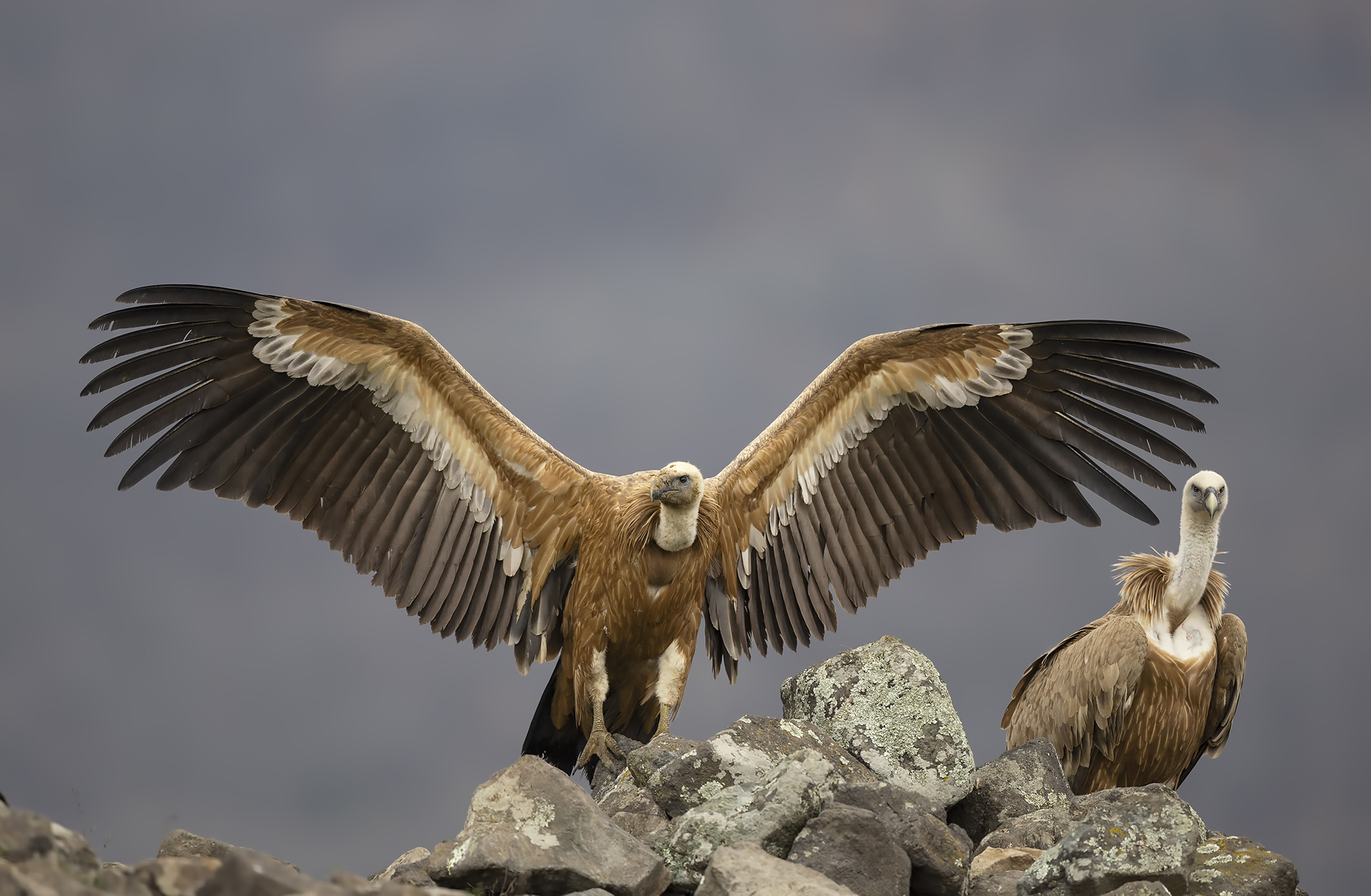The yearly Griffon Vulture roosting site census in the Balkans is approaching, and everyone can join the effort. This activity provides essential information on the local Griffon Vultures population right before the start of the breeding season.

Every year, several organisations across the Balkans work simultaneously to monitor the Griffon Vulture (Gyps fulvus) population through coordinated counts before the breeding season. This year, potential roosting sites in Bulgaria, Greece, Serbia and North Macedonia will be monitored for a day to determine the status of the local vulture population.
How to participate
The census will happen on Saturday, 22nd of November 2025 around 1:00 p.m. , if the weather conditions allow for it. Otherwise, the census will be moved to the following weekend on Saturday 29th of November. It will involve several teams from different national and international conservation organisations. Volunteers from all over Bulgaria, Greece, Serbia and North Macedonia, are welcome to join the professionals for this one-day field activity.
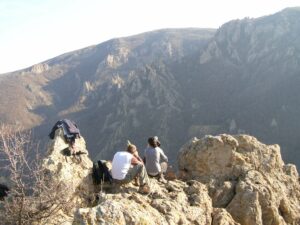
If you are in the area, and want to get involved or receive further information, please contact:
- Greece – Apostolis Kaltsis – akaltsis@ornithologiki.gr
- Bulgaria – Dobromir Dobrev – dobromir.dobrev1@gmail.com
- North Macedonia – Slave Nakev – contact@mes.org.mk
Griffon Vultures in the Balkans
Griffon Vultures (Gyps fulvus) are the most abundant vulture species in Europe. They are globally considered “Least Concern”, according to the IUCN RedList. Thanks to dedicated conservation efforts, their number are increasing in many countries, from the Iberian Peninsula to the Himalayas and Africa.
In the Balkans, the population is recovering after a dramatic decline during the 1950s–70s due to massive poisoning events (D. Dobrev et al., 2021). Last year census data registered 953 Griffon Vultures between Bulgaria (584), Greece (152), Serbia (188) and North Macedonia (29).
Conservation projects and local release of wild-hatched and captive-bred individuals, implemented collaboratively by many organisations across the Balkans, have supported the return of the species in Serbia, Bulgaria and Croatia. Alongside releasing and monitoring actions, fighting illegal wildlife poisoning, increasing food availability, and improving habitat fitness have been fundamental in promoting the species’ recovery.

Why it matters
The annual roosting sites census – that was held for the first time in 2005 – is conducted at the beginning of the Griffon Vulture breeding season. It is crucial to determine the state of the population in the Balkans, the age structure, the pair formation and the cliff selection for nesting. It is also the chance to record the presence of threats around the cliff faces used for roosting. The data recorded during this collective action will contribute to guide the conservation actions for the next year and keep the vultures safe during the vital breeding season.
These international collaborative actions consolidate networks and cooperation between neighbouring nations, building a safe space for vulture species that goes beyond national borders. Each one of us can contribute to this effort, with few hours of our time on a single autumn weekend: a small effort to contribute to the species conservation, and the chance to be involved in practical actions alongside teams of vulture experts.



